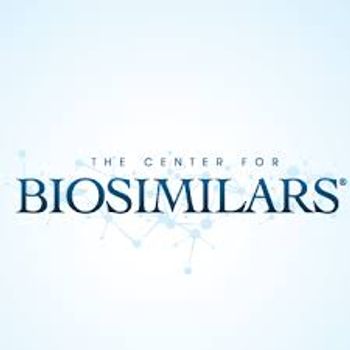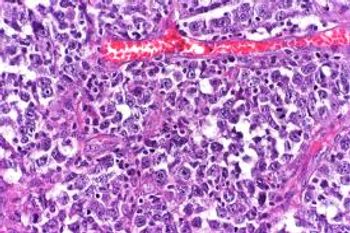
From the Editor-in-Chief, Evidence-Based Oncology, August 2020.

From the Editor-in-Chief, Evidence-Based Oncology, August 2020.

An agreement will tap Caris Life Sciences' next-generation sequencing technology to identify patients for Merus’ phase 1/2 eNRGy trial.

Evidence-Based Oncology regulatory updates for August 2020 feature coverage of Kite Pharma's new CAR T-cell therapy and selinexor in DLBCL.

Evidence-Based Oncology managed care updates for August 2020 feature coverage of liquid biopsies, companion diagnostics, and CAR T-cell therapy.

The challenges of complying with payer mandates in biosimilars were discussed in a webinar sponsored by The American Journal of Managed Care® and The Center for Biosimilars®.

Fewer off-target effects mean second-generation BTK inhibitors offer less cardiotoxicity and allow patients to stay on them longer, increasing their efficacy.

Oncology drug costs affect those entering into risk-based arrangements, and these groups must rethink their approach to evaluating risk.

Proposed CMS rules would make it easier for state Medicaid programs to smooth the way for value-based contracts for high-cost gene therapies.

Clinical updates for August 2020 featured in Evidence-Based Oncology.

Better technology is rekindling the promise of DNA medicines in oncology, including the treatment of glioblastoma.

The ruling reversed a lower court ruling regarding the drug discount program for hospitals that serve patients covered by Medicaid.

A new treatment option is approved for patients with a common form of non-Hodgkin lymphoma who cannot have an autologous stem cell transplant.

Federal and state officials have implemented policies and safeguards to slow transmission of the virus. Most troubling were state moratoriums on “elective” surgical procedures.

259 Prospect Plains Rd, Bldg H
Cranbury, NJ 08512
© 2025 MJH Life Sciences®
All rights reserved.
